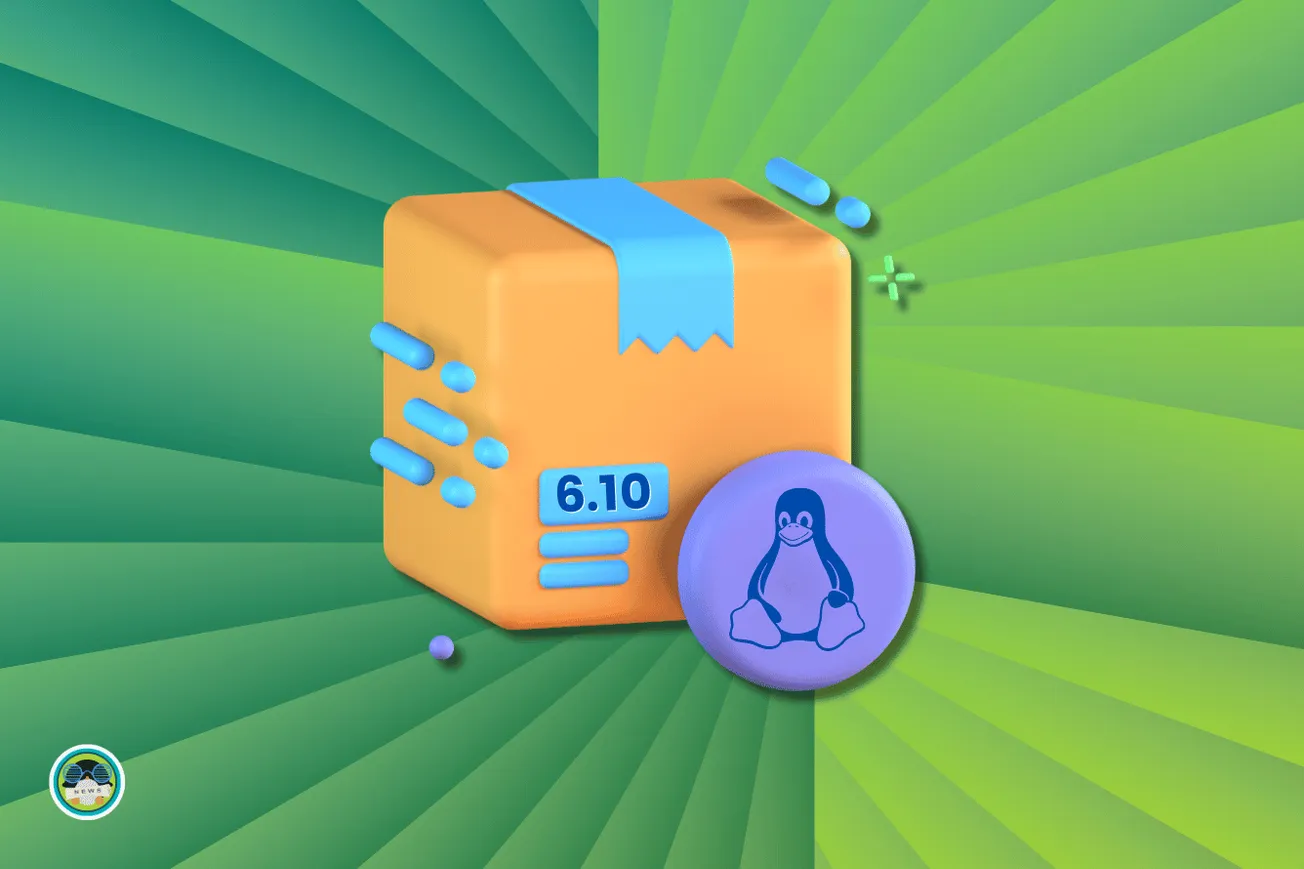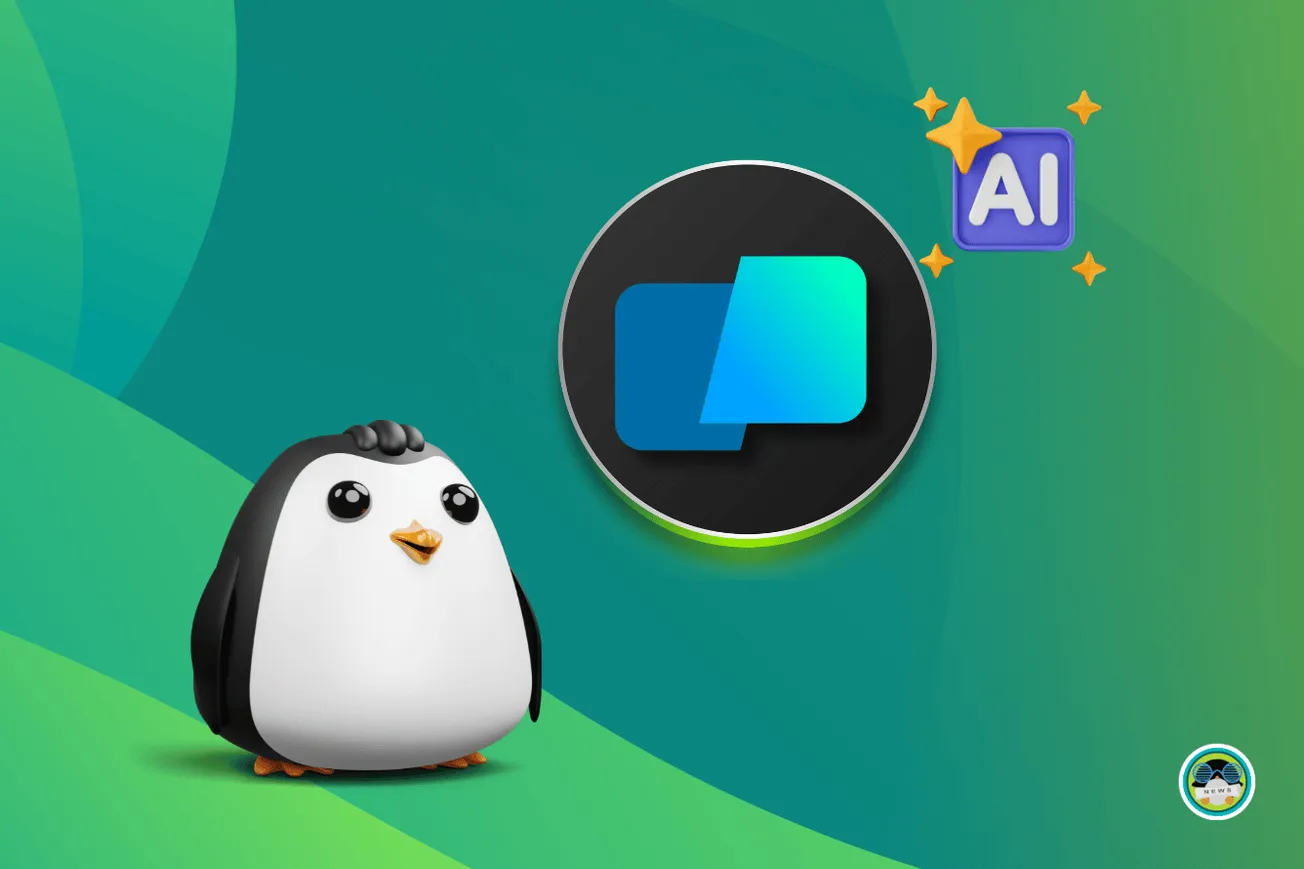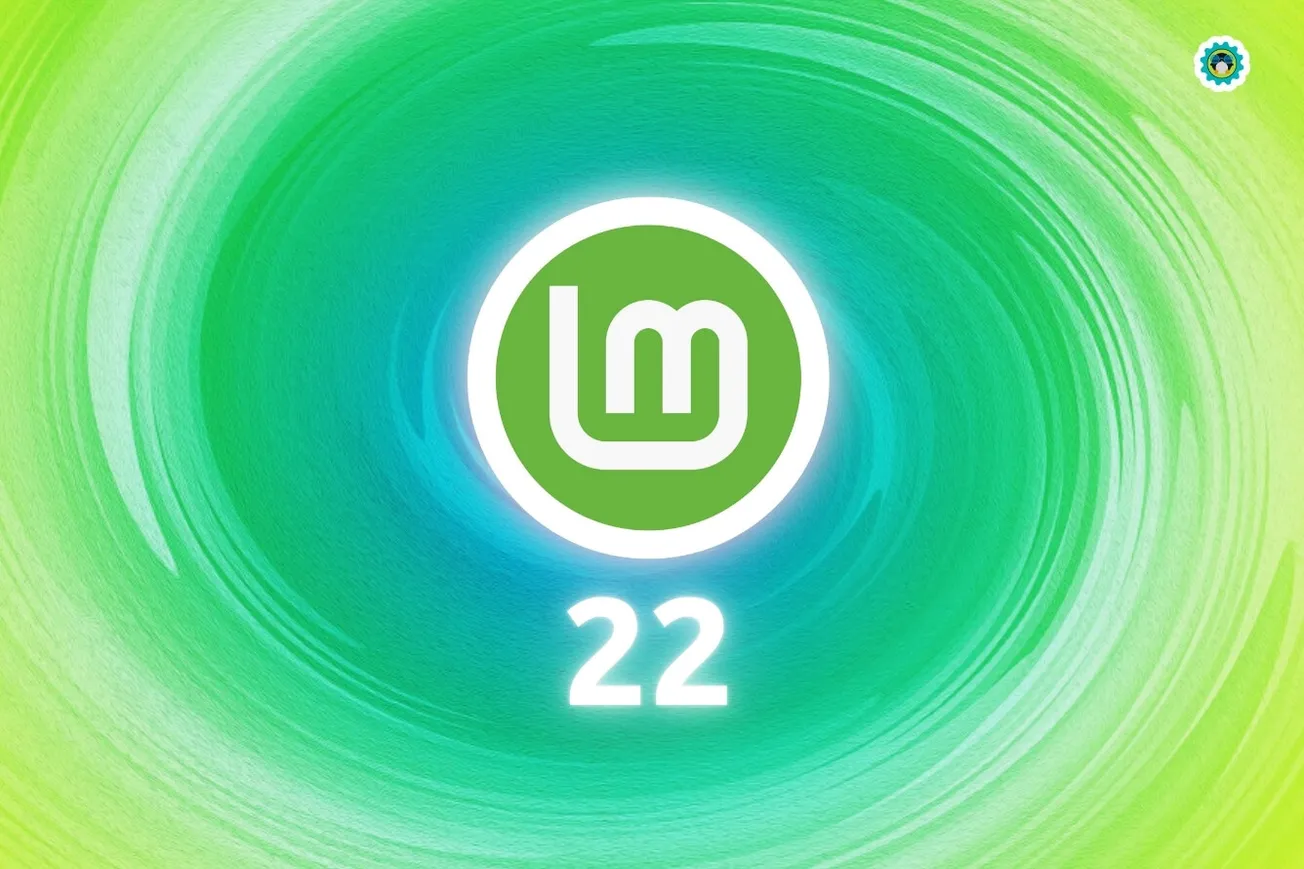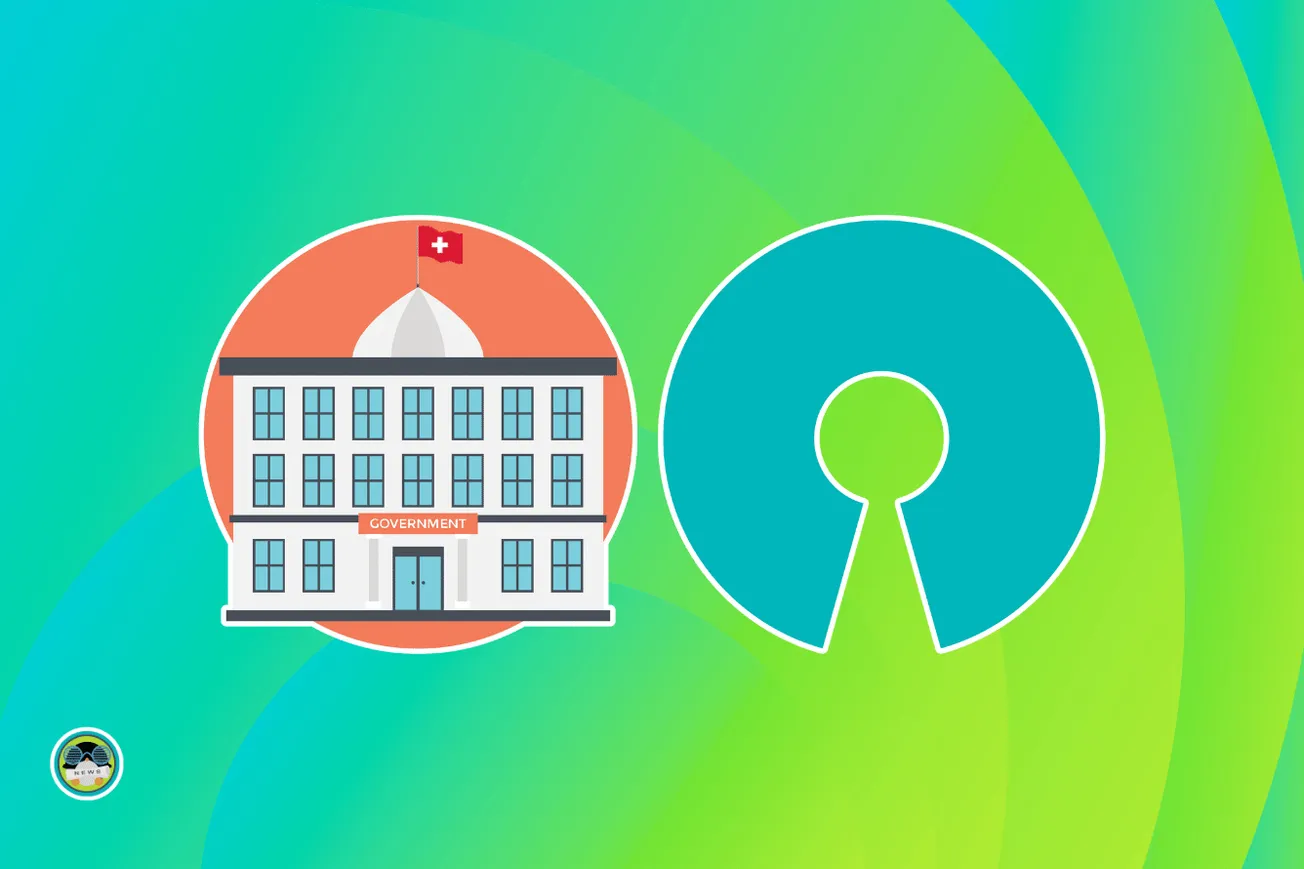
The team behind Sabayon Linux recently made several announcements about the future of the project. There are several big changes in the future of this Gentoo-based distro. Let’s take a look at that now.
What is Sabayon Linux?
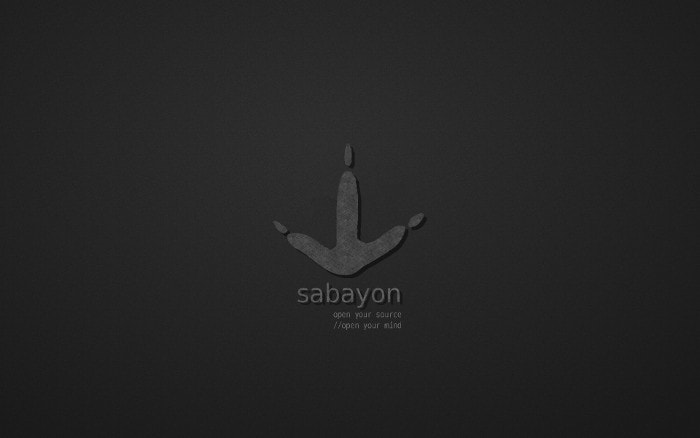
First of all, many of you might not be familiar with Sabayon Linux and most have probably never heard of it at all. Sabayon Linux is a Gentoo-based Linux distro from Italy. Gentoo is a very different distro because all of the software you install (and all of the updates) are compiled from source on your system. There are no precompiled packages.
Unlike its source, Sabayon is designed to be more user friendly and have a more of an “out of the box” philosophy. It has pre-compiled applications available for quick and easy installation. Sabayon also has its software repo and package manager (Entropy). (So, they are the Manjaro of the Gentoo world.)
Sabayon and Funtoo Collaborate
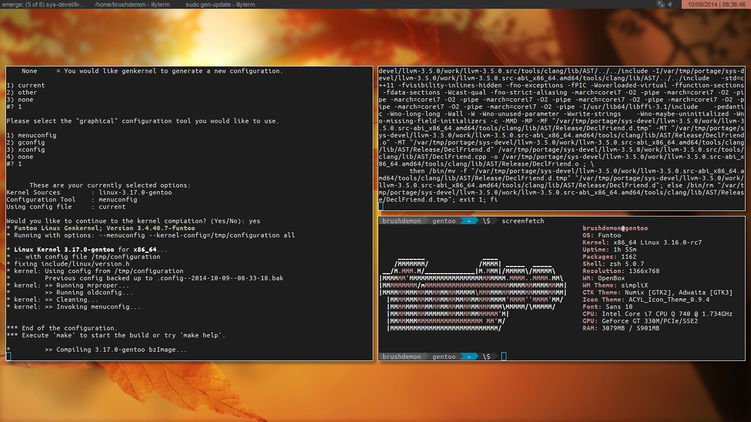
The first annoucement is that Sabayon will be joining forces with another Gentoo-based distro named Funtoo.
According to their website, Funtoo is “a community-developed Linux meta-distribution based upon Gentoo Linux. Funtoo Linux is optimized for the best possible performance on the latest Intel and AMD hardware. Funtoo is led by Daniel Robbins, the creator of Gentoo Linux, and actively developed by the Funtoo community.”
The announcement states that “Funtoo shines for additional QA layers, proven reliability, and incredible performance setup out of the box, plus the wonderful metatools and Kits ecosystem…By joining together forces, years of experience, knowledge, and tooling, we will be able to deliver the best Linux experience also in a binary format, stronger, and together.”
The two development teams are combining. They are working to bring “together our knowledge base and toolset to build new ecosystems and projects behind the same umbrella”.
Sabayon Will Become MocaccinoOS
The second announcement from Sabayon stated that they would be changing the name of the project to MocaccinoOS.
They noted that while they hadn’t made a blogpost since 2018, they were not idle. During that time, they had been “building up a new toolset for upcoming releases, and trying to innovate and renew the project for the future.”
In the past year, the Sabayon devs have been working on a new package manager named Luet to replace Entropy. This new Go-based package manager is designed to overcome many of the issues with the current solution. According to the devs, Entropy suffers from the following issues:
- No easy way to have reproducible builds
- No easy way to have divergent packages (e.g. community repositories)
- No native distributed compilation (without resorting to something like distcc)
- The build server is a single point of failure
- Only one person can work on the build server at a time
- Special knowledge and tools needed around infrastructure
- No way to track changes on the build server in a human readable way (e.g. to backtrack problems)
To overcome these issues, Luet “provides an abstraction layer on top of container technologies” so that packages can be built without needing a central build server.
The question is why not use Docker to build packages? They have been using Docker for 5 years to build “ISO images and community repositories”. This usage brought several issues to the surface. To combat these issues, Luet takes a package definition and all its dependencies and translates them to dockerfiles, which can then be built anywhere that Docker runs.
Finally, Luet is a single binary with no dependencies. It is designed to easily rebuild a system and run on any architecture.
MocaccinoOS will come in two flavors. Mocaccino Micro will be a Musl-based Linux From Scratch system using Luet. Mocaccino Micro is aimed at cloud and docker but will become a desktop flavor in the future. Mocaccino Portage will be the rebranded Sabayon system.
What Will Happen to Current Sabayon Users?
Current Sabayon users will be able to upgrade to MocaccinoOS. The dev team said that “migration to MocaccinoOS will work from any flavour of Sabayon.” They also stated that Sabayon would still receive updates until MocaccinoOS is released.
Final Thoughts
I’ve been aware of Sabayon for a while, but never took the plunge to try it out. I always got the feeling that they were a small team trying to pull off a big project and doing the best with what they had. With this injection of new technology and new blood, I bet this project will take off. Especially since they now have the creator of Gentoo Linux on their team.
The one thing that impressed me was the fact that they worked on their new package manager for a year before announcing it. I’ve read too many stories of developers announcing a flashy new feature only for them to lose interest and hit a roadblock.
Overall, I wish them lots of luck and I look forward to trying out their system when it becomes stable.
More from It's FOSS...
- Support us by opting for It's FOSS Plus membership.
- Join our community forum.
- 📩 Stay updated with the latest on Linux and Open Source. Get our weekly Newsletter.


